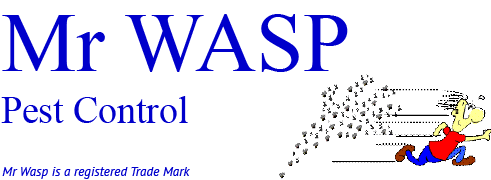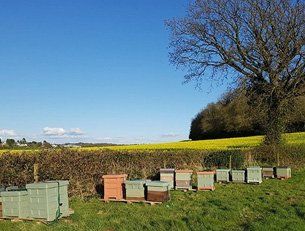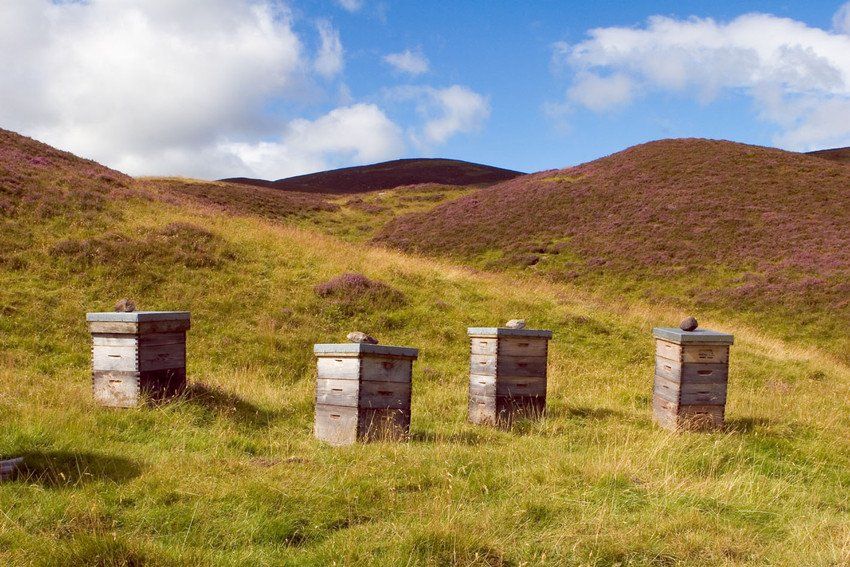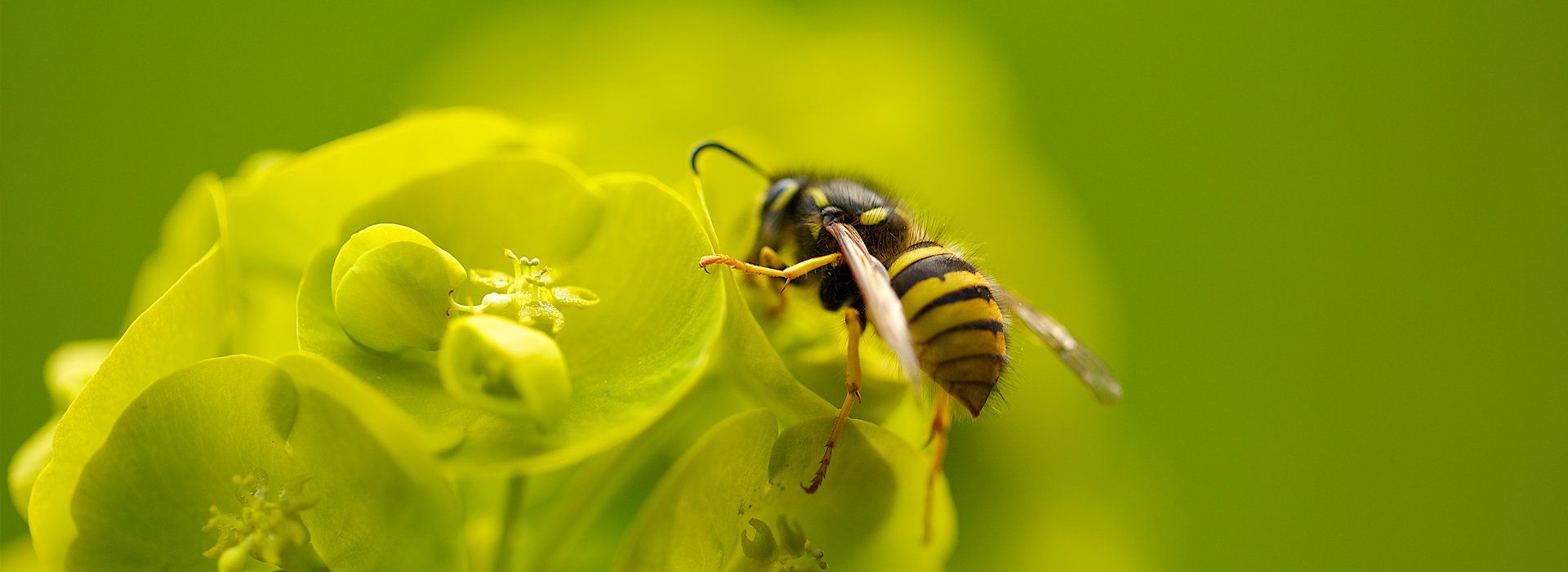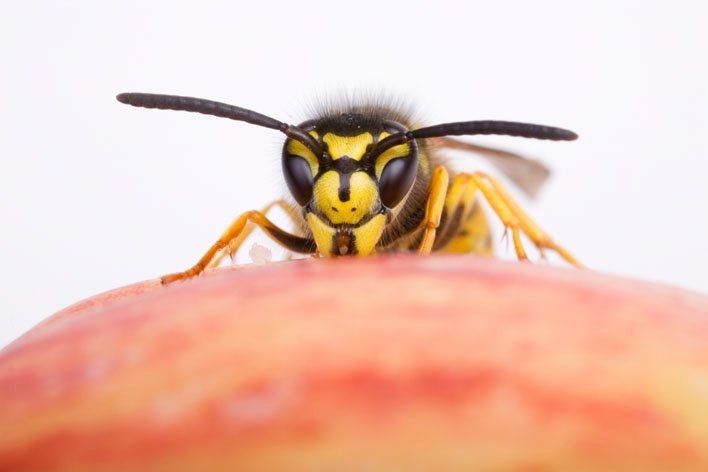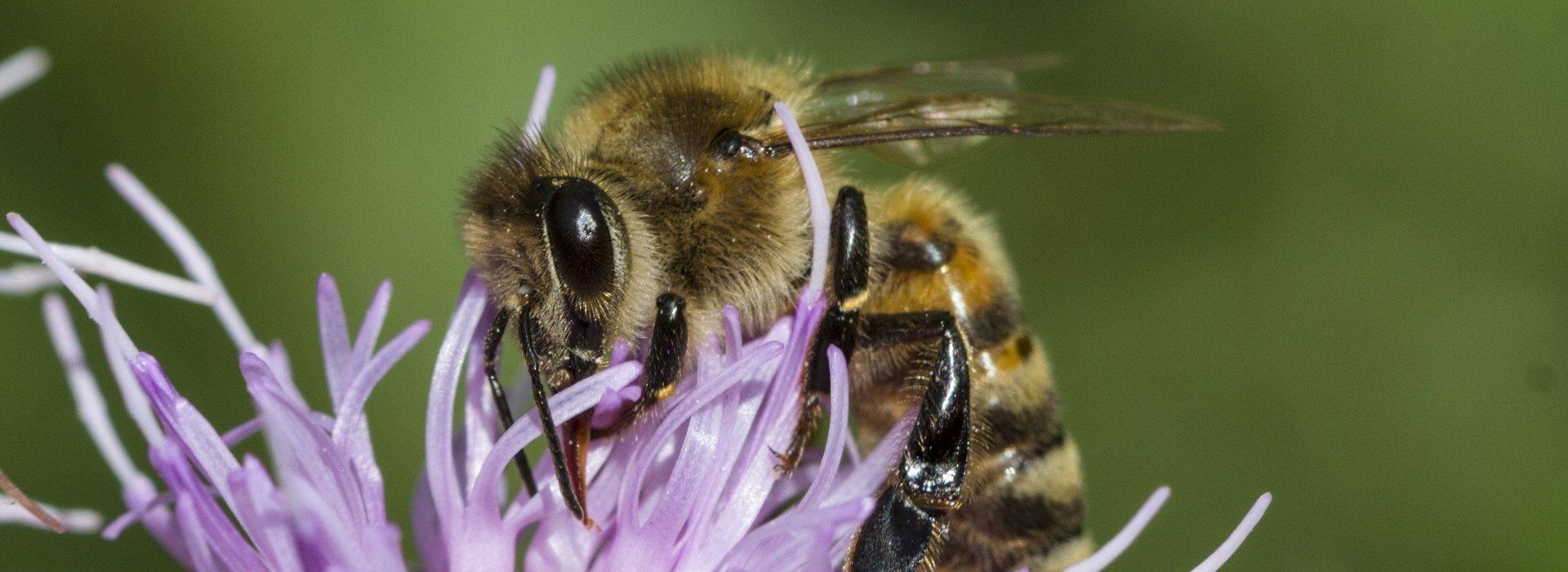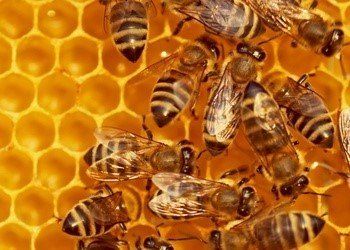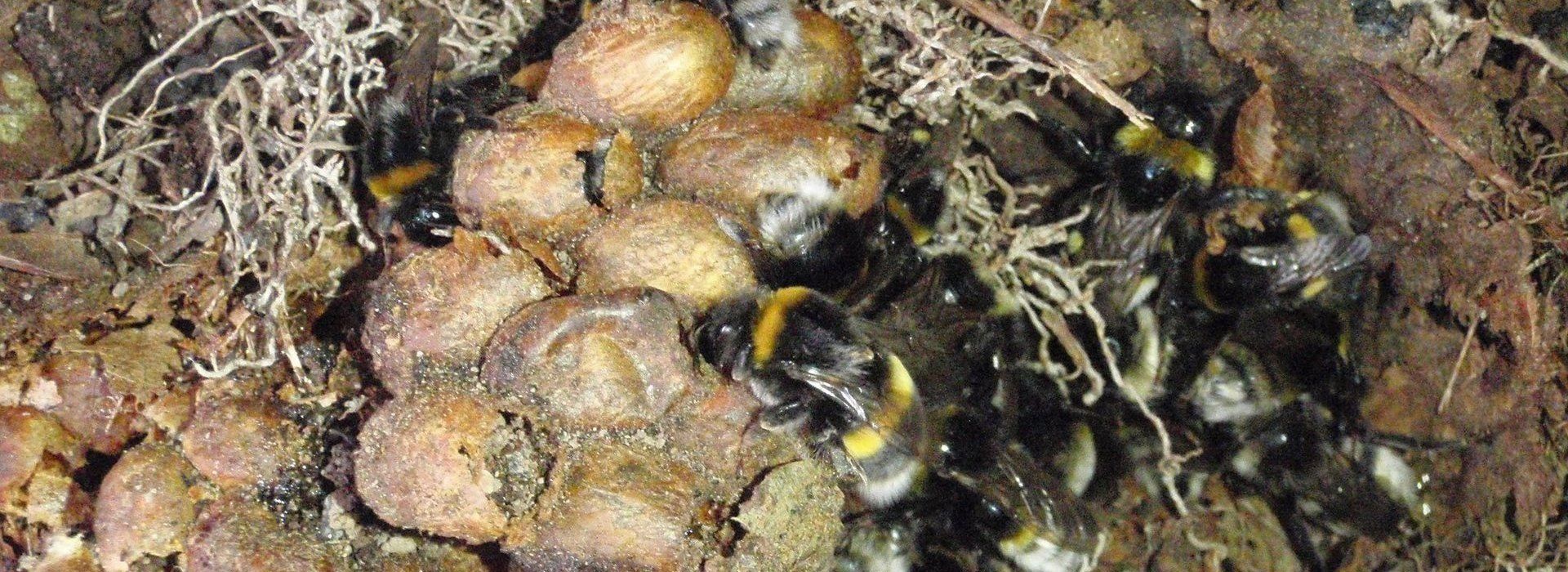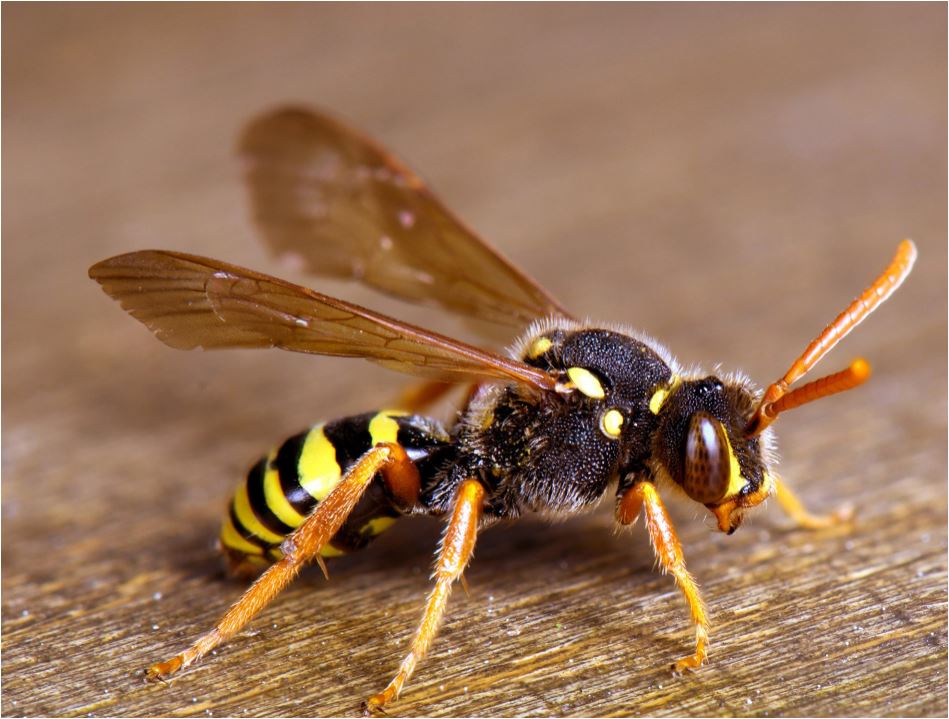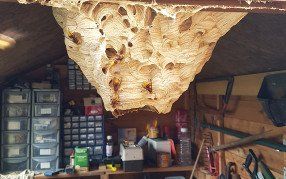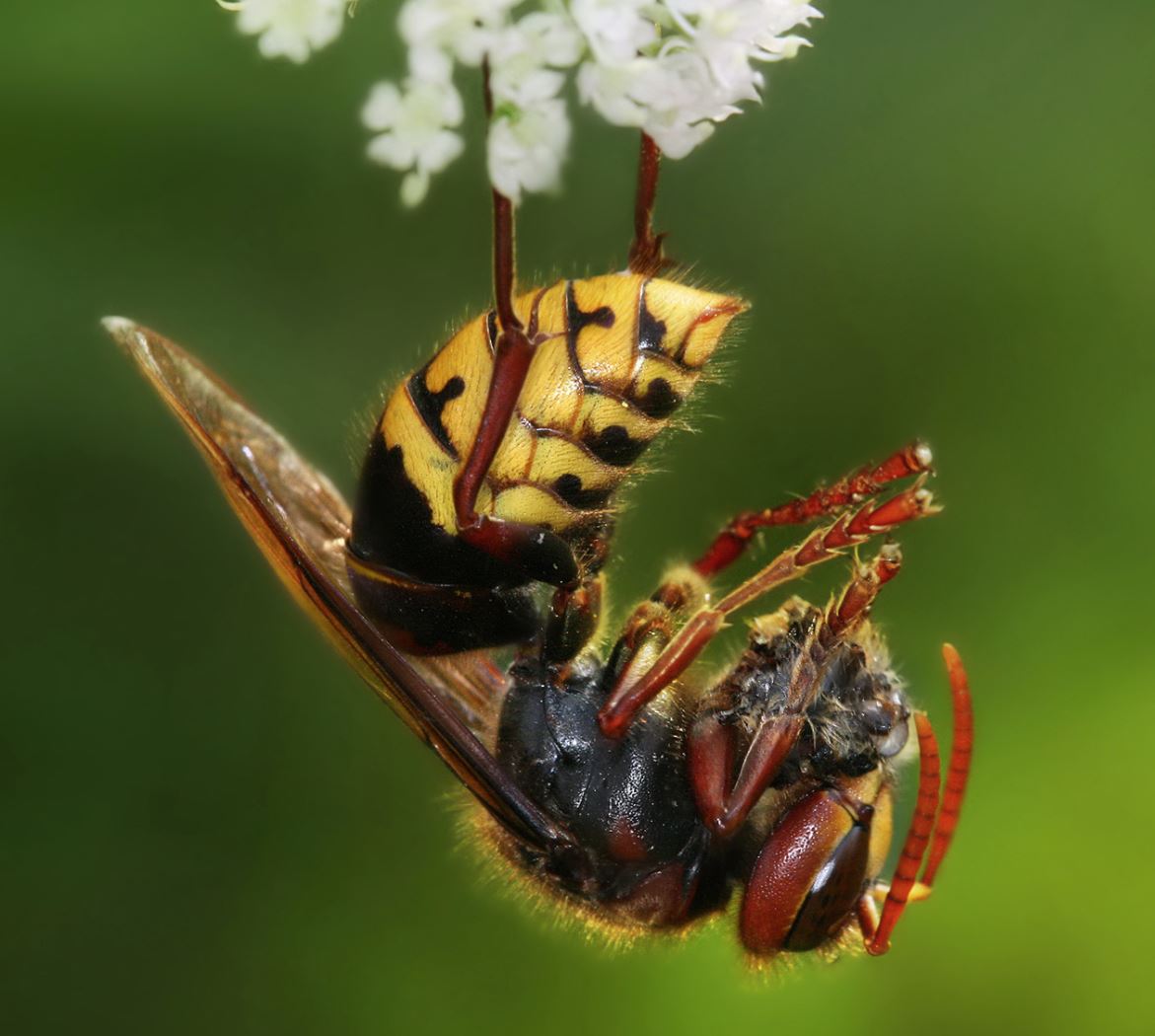A Year in the Life of a Beekeeper
Bees really are marvellous creatures. These tiny buzzing insects have to gather nectar from around 2 million flowers to make just one pound of honey - that’s a flying distance of roughly 90,000 miles! Bees are also vital for the environment, as pollination is crucial for the survival of plants, flowers and crops, many of which don’t have very effective pollination methods of their own. It has been estimated that one third of the food we consume each day relies on pollination from bees and other insects. There have been concerning reports about the decline of honey bees recently, which makes the role of beekeepers more important than ever. Beekeepers can help nurture and maintain bee colonies safely, and harvest some delicious honey. If you want to know more, read on to find out about some of the typical day to day duties for a beekeeper over the seasons.
Spring
Most beekeepers will have their hives prepared by spring, ready to welcome a new colony of bees. Bees can be ordered online, believe it or not, and a package generally contains around three pounds of bees, with a separately caged queen. Keepers simply tip the bees into the hive and give them time to adjust to their new home. Springtime is best for this as the harsh winter will be over and plants and flowers will be beginning to bloom and thrive.
Summer
Often the busiest time for beekeepers, most of them will harvest their honey around June or July. A great advantage of honey is that it doesn’t go off, so in theory it can be harvested any time that’s convenient. Beekeepers wear special suits, including a mesh face guard to protect them from stings, before taking the frames out of the hive. Each frame contains cells of honeycomb, if the cells are ‘capped’ and sealed they are ready and full of honey. Keepers can slice the caps from the honeycombs and then place the frame over an extractor which spins honey from the cells into a holding tank.
Autumn
This is the most common time for inspections, as keepers don’t want the bees to enter winter with any bugs or mites. Bees are naturally adept at fighting their own predators, and can kill any large pests that enter the hive; but it’s still a good idea to check the bees are still mating and producing young.
Winter
The quietest season for a beekeeper, the queen will stop laying eggs during winter and activity is scarce. Keepers will check for pests again and feed the bees with sugar water if they’re not getting enough to eat. If the hive looks bare, keepers may think about rebuilding completely, or ordering more bees ready for the spring.
Bees are wonderful for the environment but their presence isn’t always welcome. If you need fast bees nest removal in the Cardiff area, then give Mr Wasp a call. We have over 40 years of experience in bee, wasp and hornet control, and offer fast and safe removal of the nest from your property. Our methods are humane and we will always relocate the bee colony where possible. Visit our website to see our full list of services, or give us call 24 hours a day, seven days a week.